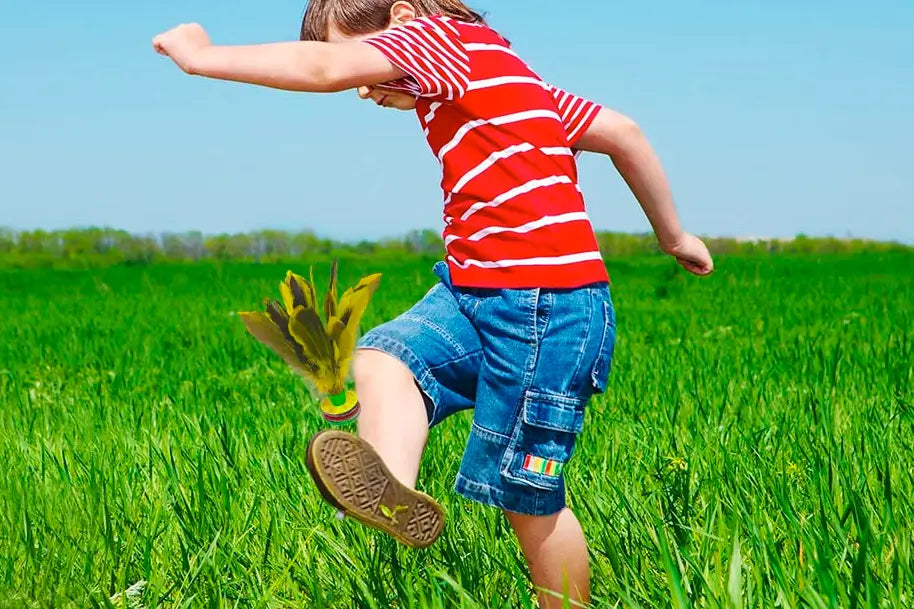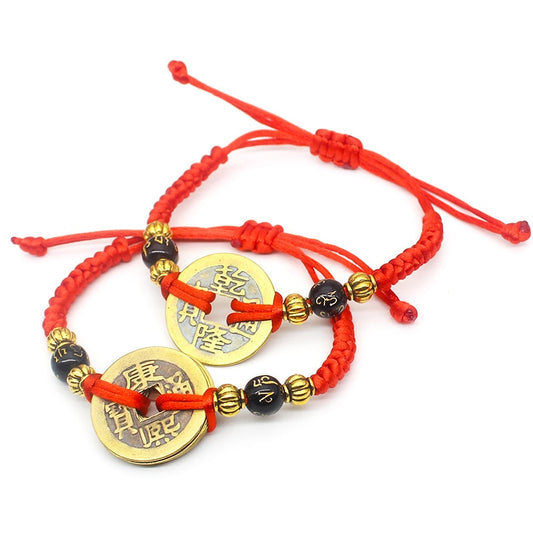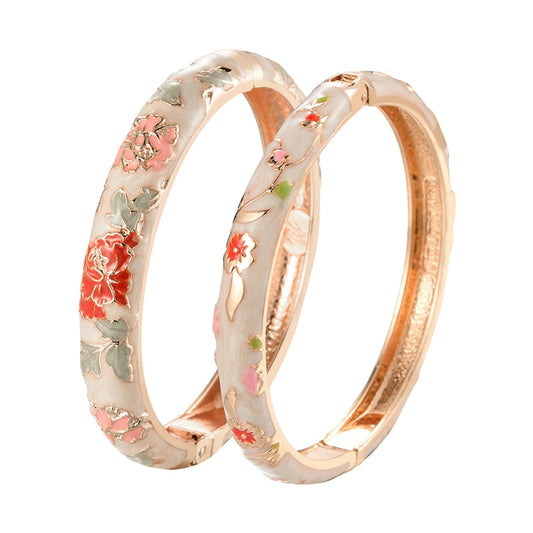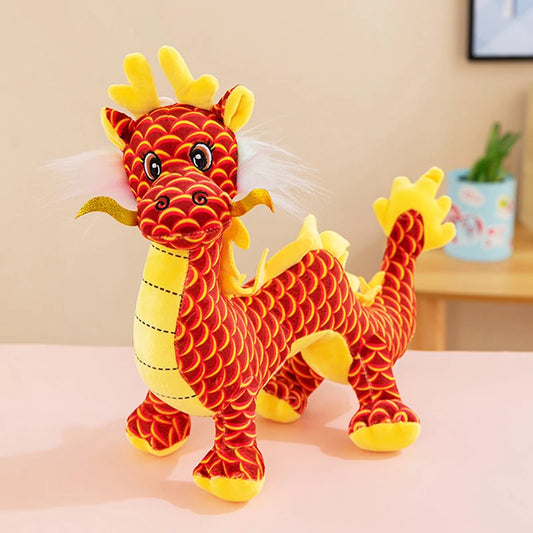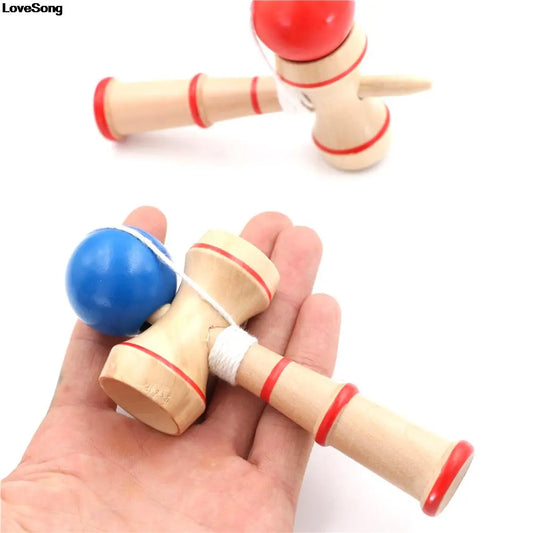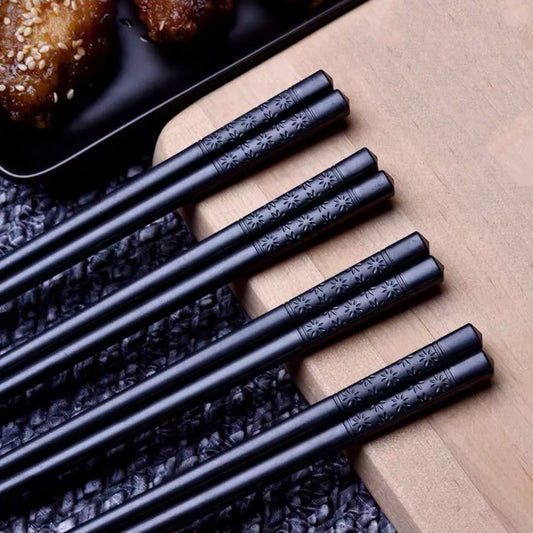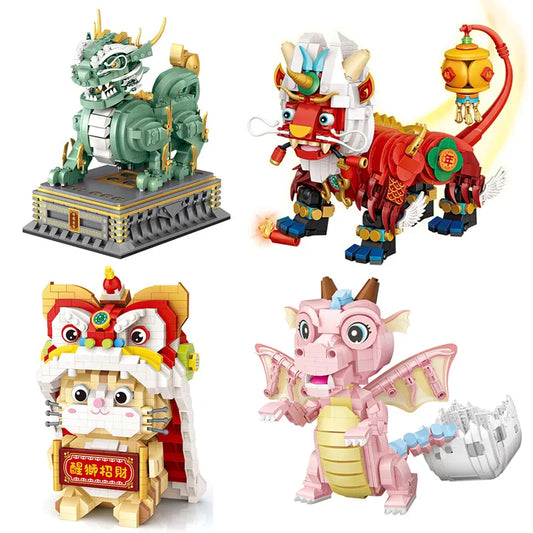Jianzi, often referred to as Chinese Hacky Sack, is a traditional Chinese game that has been played for thousands of years. Originating from a military exercise, this game, which captivates with its simplicity, has stood the test of time, evolving into a beloved pastime and competitive sport. It requires players to demonstrate agility, coordination, and strategy, making it not just fun but also physically challenging.
This comprehensive guide aims to provide a detailed understanding of Jianzi. We will delve into its rich history, explore its rules and gameplay, and examine its cultural significance in China. We will also discuss the potential benefits of Jianji for physical and mental wellbeing, supported by relevant statistics where necessary. This exploration will provide a deeper appreciation of the game and might even inspire you to give it a try.
The History of Jianzi
The Origins
Jianzi, as a game, dates back to the Han Dynasty (206 BC–220 AD). It was initially used as a military exercise to keep soldiers active and fit. The game was designed as a form of physical training for warriors, enhancing their agility and foot-eye coordination. As it required no special equipment or facilities, it quickly gained popularity and became a beloved pastime for people of all ages and social classes, transcending its initial military use.

Evolution and Modern Day Jianzi
Over the centuries, Jianzi has undergone significant evolution, witnessing changes in its form, style, and rules. With the passing of time, this game has managed to adapt, maintaining its relevance and appeal. Today, Jianzi is played in two main forms: the freestyle and competitive. Freestyle Jianzi is a more casual form that emphasizes creativity and coordination. The game is often played in parks, schoolyards, and on streets, with players forming circles and doing their best to keep the Jianzi in the air.
On the other hand, competitive Jianzi is more structured, with established rules and regulations. Often compared to badminton without a racket, it involves two teams of players attempting to kick the Jianzi over a net without letting it touch the ground. This form of the game is highly competitive and requires considerable skill and practice.
Understanding the Rules and Gameplay
The Jianzi Equipment
A standard Jianzi is similar to a shuttlecock used in badminton, and it is made up of four feathers fixed into a rubber or metal base. The feathers, usually of a consistent length and weight, are arranged evenly around the base. This design allows the Jianzi to fly with a predictable trajectory, making it possible to kick it without hurting the foot. The base is weighted to ensure it flies nose down. Jianzis can be purchased in sports stores or handmade using readily available materials.
The Gameplay
The goal of the game is to keep the Jianzi airborne for as long as possible using any body part except the hands. It can be kicked using the feet, knees, shoulders, or even the head. In freestyle Jianzi, there are no strict rules — you can play alone or in a group, and the game continues until the Jianzi hits the ground. The players can stand or sit, making it accessible for people of varying physical abilities.
In competitive Jianji, the game is a bit more complex. Two teams of players attempt to kick the Jianzi over a net without letting it touch the ground. The height of the net and the size of the court can vary depending on the level of competition. Winning points in competitive Jianzi requires skill, strategy, and teamwork.

The Cultural Significance of Jianzi
Jianzi and Chinese Tradition
In China, Jianzi is more than just a game; it represents a rich cultural heritage. It is often played during festivals and social gatherings and is seen as a way to honor ancient traditions while promoting social interaction and physical activity. The game embodies the philosophy of harmony and balance, principles deeply rooted in Chinese culture. It is believed that playing Jianzi helps in balancing Yin and Yang energies, contributing to overall wellbeing.
Jianzi in Modern China
In modern China, Jianzi retains its popularity and cultural significance. It is often played in parks, schoolyards, and streets, with both the young and old participating. The game is also featured in physical education classes in schools, given its benefits for agility, coordination, and physical fitness. It's not uncommon to see people playing Jianzi in public spaces, keeping alive a tradition that dates back centuries.
The Benefits of Playing Jianzi
Physical Health Benefits
Playing Jianzi is a great form of exercise. It enhances cardiovascular health, increases agility, and promotes better coordination and balance. According to a 2019 study published in the Journal of Sports Science and Medicine, games like Jianzi can significantly improve physical fitness and motor skills, especially in children and adolescents. The study revealed that regular Jianzi play could help improve lower body strength and flexibility, aspects of physical health thatare often overlooked in more conventional sports or forms of exercise.

Moreover, since Jianzi requires continuous movement, it can offer a substantial aerobic workout, potentially improving heart health and contributing to weight management. It also aids in the development of gross motor skills and can help improve reflexes over time.
Mental Health Benefits
Beyond the physical benefits, Jianzi is also mentally stimulating. It requires a high degree of concentration, precision, and strategic thinking. The need to anticipate the trajectory of the Jianzi and to position oneself correctly to keep it in play can enhance spatial awareness and decision-making skills.
Furthermore, playing Jianzi can have significant stress-reducing effects. A 2021 health report indicated that exercise activities like Jianzi could lower the risk of anxiety and depression by up to 25%. This reduction is attributed to the release of endorphins, often referred to as 'feel-good hormones', during physical activity. The social aspect of Jianzi, particularly when played in groups, can also foster a sense of community and belonging, further contributing to overall mental wellbeing.
Conclusion
Jianzi, a time-honored game in China, is a perfect blend of sport, art, and cultural heritage. Whether played freestyle or competitively, it offers a fun, engaging, and healthy pastime for players of all ages. As we embrace a more globalized world, it's exciting to see traditional games like Jianzi gain recognition and popularity beyond their countries of origin, reminding us of the diverse and interconnected world of sports and culture.
Playing Jianzi is not only a way to participate in a centuries-old tradition but also offers a host of physical and mental health benefits. From improving cardiovascular health and coordination to enhancing concentration and reducing stress, Jianzi is a holistic form of exercise that caters to all age groups.
As with any form of physical activity, remember to take appropriate safety measures when playing Jianji, such as warming up properly and using suitable footwear. So, why not give Jianzi a try? It's more than just a game; it's an experience of culture, history, and health rolled into one!

